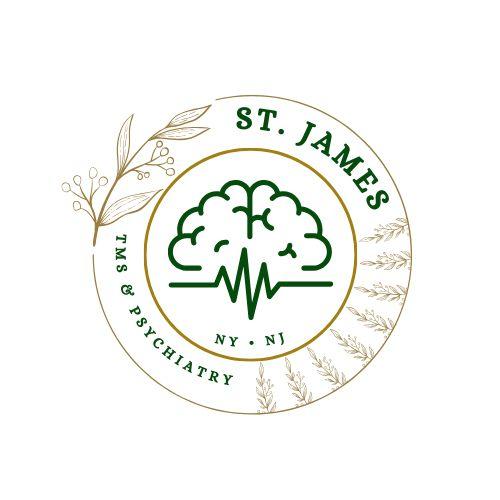Notifications

4 minutes, 44 seconds
-141 Views 0 Comments 0 Likes 0 Reviews

When it comes to mental health treatment, many people think only of therapy or lifestyle changes. While these are incredibly valuable, another essential piece of the puzzle is psychiatric medication management. When combined with family mental health services, it creates a powerful, holistic approach to healing and long-term wellness.
Let’s break down how these two components work hand in hand to support individuals and their families.
Mental health conditions such as depression, anxiety disorders, bipolar disorder, and schizophrenia often involve complex chemical imbalances in the brain. While therapy can help address emotional and behavioral aspects, psychiatric medication management focuses on balancing brain chemistry to reduce symptoms and improve quality of life.
Here’s what to expect during the medication management process:
Initial Assessment: A licensed provider evaluates your mental health history, current symptoms, and overall health.
Personalized Prescription Plan: Based on your unique needs, medications are carefully selected and started at appropriate doses.
Ongoing Monitoring: Regular check-ins ensure the medication is effective and that side effects are minimized.
Adjustments as Needed: Medications may be changed or doses tweaked depending on your response over time.
The right psychiatric medication management provider will not only prescribe medications but also take the time to educate you, answer your questions, and work with you collaboratively on your mental health goals.
Choosing a trustworthy psychiatric medication management provider is crucial. This professional acts as your partner in care—monitoring your symptoms, reviewing your progress, and helping you make informed decisions.
A skilled provider will:
Maintain open communication about benefits and side effects
Encourage feedback and self-awareness
Coordinate with your therapist or counselor
Adjust treatment plans as your needs evolve
Whether in-person or through telehealth, this support ensures continuity and safety throughout your treatment journey.
Mental illness doesn’t only affect the individual—it impacts the entire family. That’s why family mental health services are a vital part of recovery. These services are designed to educate, support, and empower families to become allies in the healing process.
Key elements include:
Family Therapy: Sessions that help resolve conflict, improve communication, and strengthen relationships.
Education: Teaching families about diagnoses, medications, and how to respond to symptoms.
Support Groups: Connecting with others who understand the challenges of supporting a loved one.
Crisis Planning: Preparing for difficult moments with strategies that keep everyone safe.
Involving the family in mental health care not only improves outcomes for the individual but also creates a more supportive, informed home environment.
The most successful mental health care plans are those that treat the whole person—mind, body, and relationships. Psychiatric medication management provides medical support for symptom relief, while family mental health services offer emotional and practical support for day-to-day living.
Together, these services can:
Reduce hospitalizations and emergency interventions
Promote medication adherence and long-term stability
Strengthen family bonds and communication
Encourage a more compassionate, stigma-free approach to mental health
If you or someone in your family is struggling with a mental health issue, know that help is available—and you don’t have to face it alone. Partnering with a trusted psychiatric medication management provider and exploring family mental health services could be the beginning of a brighter, healthier future.

